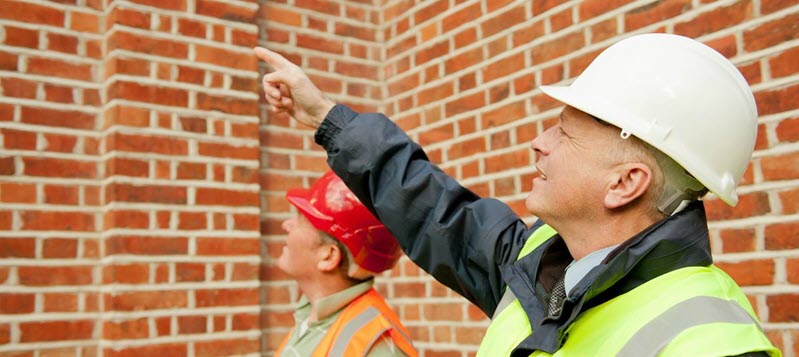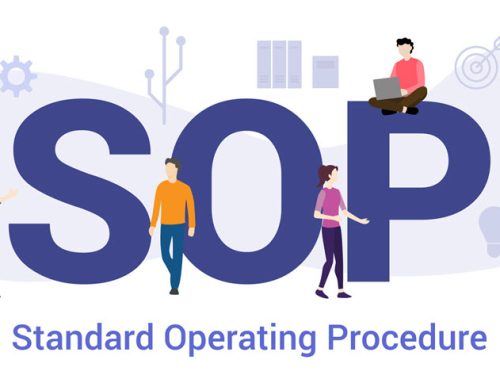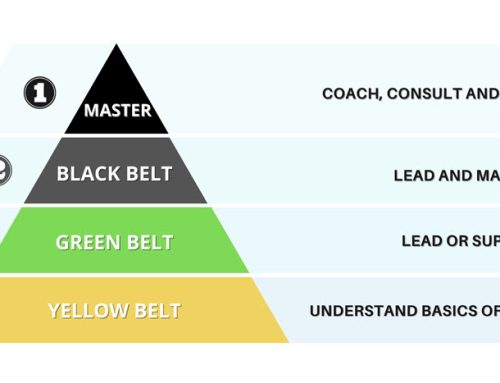Introduction
Construction projects are complex and require a lot of coordination and management to ensure that the final product meets the desired quality standards. Quality management in construction is essential to ensure that the project is completed on time, within budget, and to the satisfaction of all stakeholders. In this article, we will explore various strategies and techniques that can be used to manage quality in construction projects.
Understanding Quality Standards
The first step in managing quality in construction is to understand the quality standards that are relevant to the project. These standards can vary depending on the type of project, the location, and the client’s requirements. For example, a residential construction project may have different quality standards than a commercial construction project.
It is essential to identify and understand these standards at the beginning of the project to ensure that the project team is aware of the expectations and can plan accordingly. This will also help to ensure that the project is completed on time and within budget.
Quality Planning
Quality planning is an essential aspect of quality management in construction. It involves creating a plan that outlines the specific steps that will be taken to ensure that the project meets the desired quality standards. This plan should include specific quality objectives, the resources that will be required to achieve those objectives, and the processes that will be used to monitor and measure progress.
Quality planning should be an ongoing process that is reviewed and updated regularly throughout the project. This will help to ensure that the project stays on track and that any issues or deviations are identified and addressed quickly.
Quality Control
Quality control is the process of monitoring and measuring the quality of the work as it is being completed. This includes inspecting the work to ensure that it meets the desired quality standards, and identifying and correcting any issues that are identified.
Quality control should be an ongoing process that is performed at regular intervals throughout the project. This will help to ensure that any issues are identified and addressed quickly, before they become major problems.
Quality Assurance
Quality assurance is the process of verifying that the project meets the desired quality standards. This includes reviewing the project documentation, inspecting the completed work, and testing the final product.
Quality assurance should be performed at the end of the project to ensure that the project meets the desired quality standards. This will also help to identify any issues or areas for improvement that can be addressed in future projects.
Quality Auditing
Quality auditing is the process of reviewing the quality management system to ensure that it is effective and efficient. This includes reviewing the quality plan, the quality control and quality assurance processes, and the final product.
Quality auditing should be performed at regular intervals throughout the project to ensure that the quality management system is working effectively. This will also help to identify any areas for improvement that can be addressed in future projects.
Implementing a Quality Management System
Implementing a quality management system (QMS) is an effective way to manage quality in construction projects. A QMS is a framework of policies, procedures, and processes that are used to guide the project team in their efforts to meet the desired quality standards.
A QMS should include a comprehensive quality plan that outlines the specific steps that will be taken to ensure that the project meets the desired quality standards. The plan should also include a process for monitoring and measuring progress, as well as a process for identifying and addressing any issues that are identified.
In addition to the quality plan, a QMS should also include procedures for quality control, quality assurance, and quality auditing. These procedures should be clearly defined and easy to follow, and they should be reviewed and updated regularly to ensure that they are effective and efficient.
Communication and Collaboration
Effective communication and collaboration are essential for managing quality in construction projects. The project team should have regular meetings to discuss progress, identify any issues, and develop solutions. The project manager should also be available to answer any questions that the team members have and to provide guidance as needed.
Effective communication and collaboration also involve engaging with the project stakeholders, including the client, the architect, and the engineers. By working closely with these stakeholders, the project team can ensure that the project meets the desired quality standards and that the final product is to the satisfaction of all stakeholders.
Continuous Improvement
Managing quality in construction projects is an ongoing process that involves continuous improvement. This means that the project team should always be looking for ways to improve the quality of the work and the efficiency of the processes.
Continuous improvement can involve implementing new technologies, introducing new processes, or using new materials. It can also involve reviewing the quality management system regularly to identify areas for improvement and making changes as needed.
By embracing a culture of continuous improvement, the project team can ensure that the project meets the desired quality standards and that future projects are completed even more successfully.
Conclusion
Managing quality in construction projects is a complex process that requires a combination of strategies and techniques. Understanding quality standards, quality planning, quality control, quality assurance, and quality auditing are all important aspects of quality management in construction. Implementing a quality management system, effective communication and collaboration, and a culture of continuous improvement are also essential for managing quality in construction projects. By implementing these strategies and techniques, construction projects can be completed successfully and to the satisfaction of all stakeholders.






